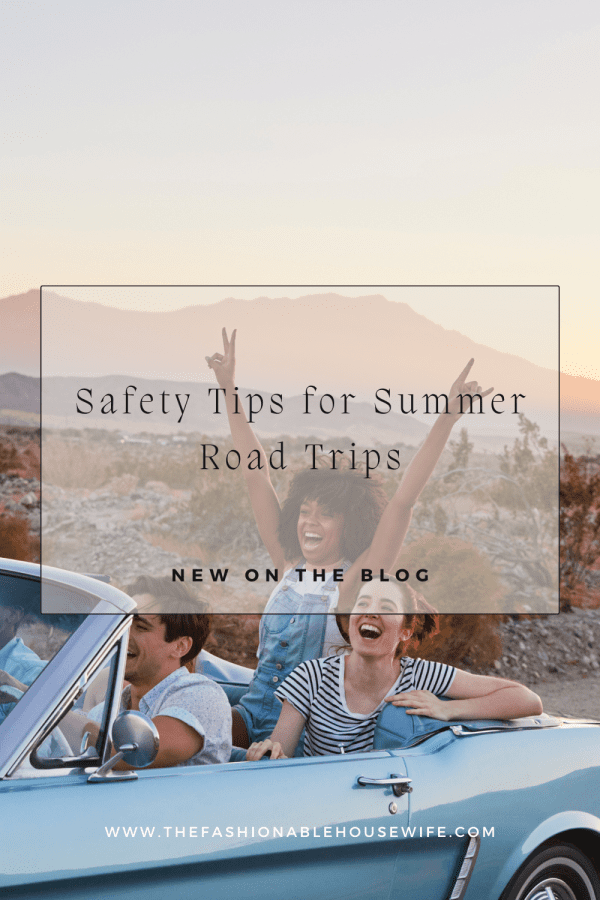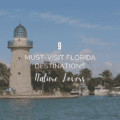
The reservations to your summer destination spot have been made for months now, and you will be on the road soon, ready to spend time with your family. With minimal forethought and by packing a few extra supplies, you can prepare to mitigate any travel inconvenience.
Proactive Planning for Summer Road Trips
Planning takes a short time, but the payoff is tremendous and can save hours of frustration. Compiling a simple checklist and following a few safety tips is something that benefits you every time you travel.
Service Your Automobile
Waiting on the side of the road for a tow truck or a mechanic can be dangerous, exhausting, and costly. Having your automobile serviced ahead of time always takes high priority for any travel plans. When you make the appointment, leave time for any repairs that may need to be completed before leaving for your trip.
Check these items off your list, and you will make major strides toward a safe summer road trip.
- Inspect and rotate tires. Tire pressure also varies with temperature changes, so inspect each tire for equal and proper pressure.
- Check fluid levels, such as coolant and wiper fluid, and change the oil if it’s close to servicing time.
- Braking systems should be ready to work under various driving conditions, such as steep mountain grades requiring extended braking or in city or highway traffic when constant brake use is required.
- Ensuring your AC works keeps everyone comfortable and happier during extended periods in the car.
- A spare tire and jack are essential, particularly on road trips with vast distances between towns and available services. A portable tire pump is always helpful and can help you reach the next service station to address tire issues.
- If you purchase roadside assistance, verify your protection is up to date.
Expect the Unexpected
Most road trips occur without issue, but unexpected events can take hours out of a fun-filled schedule. Adding these essentials to your packing list can keep you safe until help arrives.
- First Aid Kit
- Jumper cables
- Flares for roadside emergencies
- Pack flashlights or headlamps with new batteries and extra batteries for extended use.
- Carry adequate water for drinking and additional water to add to an overheated vehicle.
Consider Your Destination
Most summer road trips lead to populated destinations between cities and provide almost anything you need in an emergency. But more families are trekking cross country to see new places and have unique experiences. Extra preparation for these extraordinary summer road trips is priceless and sometimes lifesaving.
See Your Tank as Half-Full
Hybrid automobiles provide a more cost-effective way to travel, opening up a window of possibilities to see new places. But many areas still lack the infrastructure to provide charging stations, and vast distances between charging ports can quickly bring your trip to a halt. Before leaving home, research your options for charging stations and never assume that one will be available when you need to power up.
Family trips to see America’s National Parks and other scenic wonders have grown tremendously popular in recent years, allowing for safe travel in outdoor spaces. Keeping your tank topped off is essential.
Gas stations and convenience stores are located further apart in more remote areas, often requiring a driver to cover more than a hundred miles between available services. Keeping your tank above the half-full mark will put you on the road to your next adventure.
Navigate Safely
Roads become familiar at home, but the GPS is at your fingertips, ready to offer directions when a route becomes unfamiliar. Some road trip destinations, even to popular locations, often require more than a GPS when traveling to an unknown region. Many destinations between the East and West coasts are still insufficiently mapped by GPS, so packing an Atlas can help you easily navigate your way and provide a fun learning experience for kids.
Observe Warning Signs
You may have traveled a long way to get to your road trip destination, but when the weather is uncooperative, and the roads or trails are closed to automobile or foot traffic, always observe and respect closure signs. It is best to opt for a raincheck than risk danger in these circumstances. However, if you or a loved one has been injured due to negligence or accidents during your travels, consider consulting a personal injury attorney in Las Vegas for legal guidance.
- Keep off flooded roads and highways.
- Only hike on open trails.
- Take your family photo at a safe location – respect barriers and do not enter signs.
- Honor speed limits and slow down in inclement weather, even when it requires you to arrive later than expected.
Far too many adventurers are injured or killed by ignoring warning signs in the hopes of achieving a travel goal. Follow all posted safety warnings, and your family will stay safe and ready for the next summer road trip.







